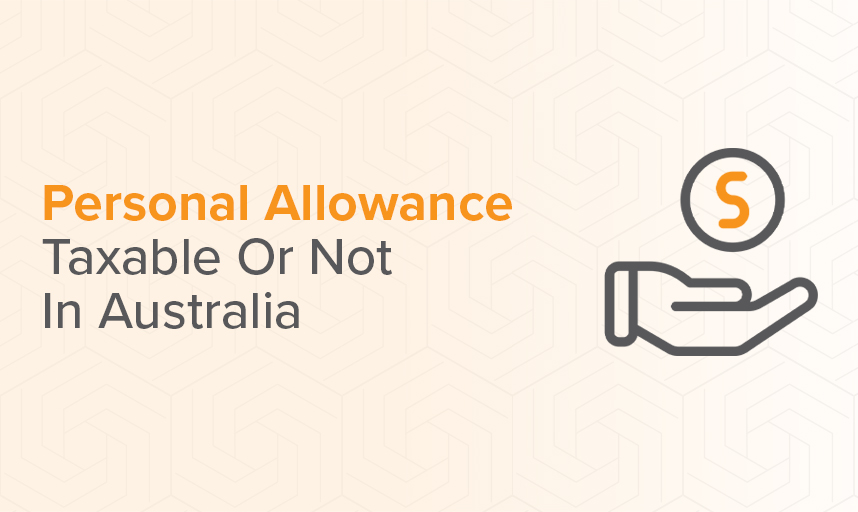Personal Allowance Taxable Or Not In Australia

Ever wondered about the ins and outs of personal allowance and its tax implications in Australia? When we talk of Australian taxation, the concept of personal allowance plays a crucial role in determining an individual’s tax liability. This allowance represents the portion of an individual’s taxable income that is exempt from income tax.
So we decided to share a comprehensive guide to reveal the answer: Is personal allowance taxable or not? Further, we will also guide you through the complexities of taxation, and exemptions, and discover how your personal allowance factors into your financial landscape Down Under.
The Basics of Personal Allowance
The personal allowance, also known as the tax-free threshold, is the amount of income that an individual can earn each year without paying income tax. For the 2023-2024 income year, the personal allowance for Australian residents is AUD 18,200. This means that if an individual’s taxable income falls below AUD 18,200, they will not be liable to pay income tax.
Eligibility for Personal Allowance
To be eligible for the personal allowance, an individual must be an Australian resident. Australian residents are individuals who have:
- Permanently resided in Australia: Lived in Australia for an indefinite period with no intention of leaving.
- Maintained a home in Australia: Established a permanent home in Australia and intend to return if they leave temporarily.
- Substantial ties to Australia: Have strong connections to Australia, such as family, employment, or property ownership.
Calculating Personal Allowance
The personal allowance is calculated automatically when an individual lodges their annual tax return. The Australian Taxation Office (ATO) uses the individual’s taxable income to determine the applicable personal allowance. If the taxable income is less than the personal allowance, no income tax is payable.
Factors Affecting Personal Allowance
Several factors can affect an individual’s personal allowance. These include:
- Age: Individuals aged 65 and over are eligible for a higher personal allowance.
- Residency status: Non-residents generally do not qualify for the personal allowance.
- Income sources: Certain types of income, such as foreign income, may not be eligible for the personal allowance.
Maximising Tax Benefits
There are strategies that individuals can employ to maximise their tax benefits associated with the personal allowance. These include:
- Maximising contributions to deductible superannuation: Superannuation contributions can reduce taxable income and increase the personal allowance.
- Claiming eligible tax deductions: Claiming eligible tax deductions can lower taxable income and potentially bring it below the personal allowance.
- Seeking professional advice: Consulting with a tax advisor can provide personalised guidance on maximising tax benefits and utilising the personal allowance effectively.
Conclusion
The personal allowance plays a significant role in determining an individual’s tax liability in Australia. Therefore you must know the eligibility criteria, calculation methods, and factors affecting the personal allowance is essential for navigating the tax system effectively. If you are having any issues with your personal allowance, you can consult the tax accountants at KPG Taxation. They will help employ strategies which can maximise your tax benefits and ensure you make the most of this valuable tax concession.
- Categories
- Allowance Taxable

Focus On Growing Your Business, Leave The Accounting On Us!
- Income Tax : File your taxes & get the best claims & returns.
- Accountancy : Hire expert accountants to manage your transactions.
- Bookkeeping : Let us handle your record books and expense reports.
- Business Advisory : From company set-up to payroll, we handle it all.



